Prolonged negative impact of COVID-19 pandemic, input material costs increased to record highs, while the consumption market was unstable and output product prices dropped sharply, at times the selling price of some poultry products was only 2/3 of the production cost, causing the poultry industry to face countless difficulties and challenges.
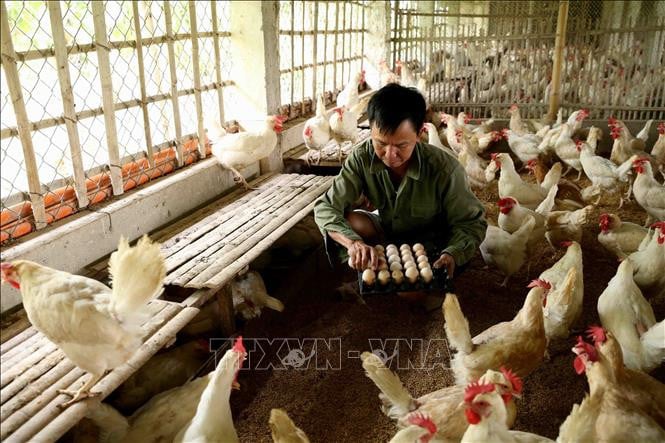
Many poultry farms and businesses are at risk of bankruptcy; thousands of chicken and duck farms have had to reduce production scale or temporarily suspend operations due to prolonged losses.
Faced with the above situation, the Vietnam Poultry Association (VIPA) has sent a document to the National Assembly Standing Committee, the Prime Minister and ministries and branches to consider a number of urgent and long-term solutions.
Tight control of imported products
Recently, the illegal transportation and trade of poultry and poultry products across the border into Vietnam continues to be complicated in localities sharing borders with other countries, especially in the Central and Southern provinces. According to incomplete statistics from VIPA, every month tens of thousands of tons of discarded live laying hens are smuggled across the border into Vietnam. This is not only one of the reasons for the increased risk of highly pathogenic avian influenza virus strains and other dangerous infectious diseases entering Vietnam, but also seriously affects the domestic poultry industry.
On the other hand, in recent times, many livestock by-products with very cheap prices such as: feet, heads, necks, wings, skin, poultry gizzards, especially frozen discarded laying hens with their heads, feet and organs removed (also known as tough chickens, this type of chicken is mostly not used as human food in developed countries) are still imported in very large quantities into the Vietnamese market as human food.
“If this situation is not controlled, not only will domestic poultry production become more and more difficult, but it could also have consequences for the health of our country's consumers,” VIPA assessed.
VIPA recommends that the Ministry of Agriculture and Rural Development coordinate with the Ministry of Public Security , the Ministry of National Defense and localities to regularly and continuously organize inspections, control, prevent and strictly handle organizations and individuals illegally transporting and trading poultry and poultry products across the border.
In addition, VIPA also recommended non-tariff measures to limit the trade deficit of poultry products as in the past to protect domestic production.
Because, compared to countries with developed livestock industries, our country's technical regulations on importing livestock products are unclear and not strict. For example, since 2014, the use of Ractopamine and Cysteamine as growth stimulants and lean meat for livestock has been banned in 160 countries around the world, including our country.
However, paradoxically, every year Vietnam still imports a large amount of pork, beef and chicken from a number of countries that are allowed to use the above two substances for livestock and poultry.
Meanwhile, in order to export livestock products, Vietnamese enterprises must endure many strict technical barriers from importing countries, causing our country's livestock products to be disadvantaged and weak in the domestic market.
According to the General Department of Customs, in the past 5 years, the annual output of imported chicken meat has increased continuously, estimated to account for 20-25% of the total domestic chicken meat consumption.
Cut down on administrative procedures
According to VIPA, the current regulations on shipments for calculating quarantine fees for animals and animal products according to Circular No. 101/2020/TT-BTC of the Ministry of Finance are unclear and unreasonable. Because, in reality, the customer base of livestock and poultry slaughterhouses is very diverse; in which, many small customers only order about 5-10 kg of meat, but when quarantined, specialized officers still count it as a shipment and charge a fee of 100,000 VND, equal to the quarantine fee for 1 container, which is not convincing. This regulation has increased production costs at poultry slaughterhouses.
On the other hand, in the situation where livestock and poultry farming and slaughtering enterprises are facing many difficulties, the quarantine fee is regulated at 200 VND/head for medium and large-scale poultry slaughterhouses, which will make the total quarantine and slaughtering cost that enterprises have to pay very large.
VIPA proposed that the Ministry of Finance coordinate with the Ministry of Agriculture and Rural Development to promptly consider amending the regulations on shipments in Circular No. 101/2020/TT-BTC to calculate quarantine fees and at the same time adjust in the direction of reducing at least 50% of the slaughter quarantine fee per poultry.
In addition, the regulation on certification and declaration of conformity for animal feed products permitted to circulate in Vietnam in Circular No. 05/VBHN-BKHCN of the Ministry of Science and Technology, Circular regulating the declaration of conformity, declaration of conformity and methods of assessing conformity with standards and technical regulations and in Vietnamese Standards QCVN 01-183:2016/BNNPTNT; QCVN 01-190:20220/BNNPTNT of the Ministry of Agriculture and Rural Development is unnecessary because there are other legal regulations on quality control of animal feed.
According to current regulations, the production and trading of animal feed is a conditional industry, subject to strict management of specialized laws. Accordingly, enterprises must be granted a license to meet production conditions to ensure that they meet the requirements on location, facilities, equipment, personnel in charge, etc. The enterprise strictly controls product quality from the input stage to finished products in warehouses and products circulating on the market.
In addition, before circulation, enterprises must carry out procedures to declare information about animal feed products. During the quality inspection stage, both specialized management agencies and enterprises apply technical regulations as a basis to assess the conformity and quality of the product. Carrying out another step of independent conformity declaration is not necessary, VIPA said.
On the other hand, from 2018 to present, in Decree 15/2018/ND-CP dated February 2, 2018 of the Government, there is no regulation on conformity declaration for even products that directly affect human health such as functional foods, medical nutrition and pre-packaged processed products, food additives such as cakes, candies, instant noodles, etc.
The implementation of the above regulation has been causing waste of time, human resources and increasing production costs for businesses due to having to carry out many duplicate and complicated administrative procedures, VIPA pointed out.
In accordance with the spirit of Resolution No. 58/NQ-CP dated April 23, 2023 of the Government on a number of key policies and solutions to support businesses to proactively adapt, recover quickly and develop sustainably by 2025; which clearly states that the Ministry of Agriculture and Rural Development coordinates with the Ministry of Finance to implement solutions to support the reduction of costs of raw materials and input materials for agricultural production, especially animal feed.
VIPA recommends that the Ministry of Agriculture and Rural Development and the Ministry of Science and Technology consider abolishing regulations on certification and declaration of conformity for animal feed and supplementary animal feed products that have been permitted to circulate in Vietnam.
To create a breakthrough in the growth of livestock product exports, VIPA recommends that the Ministry of Agriculture and Rural Development coordinate with the Ministry of Industry and Trade to develop and submit to the Government for approval a key program for exporting some key livestock products such as: processed chicken meat, chicken/duck eggs, processed quail eggs, feathers, including breeding animals...
VIPA also recommends that the Ministry of Planning and Investment submit to the Government soon amendments and supplements to a number of specific policies for the livestock industry in Decree No. 57/2018-ND-CP on mechanisms and policies to encourage businesses to invest in agriculture and rural areas.
Accordingly, policies on land rent exemption and reduction; investment credit support to enable domestic enterprises and breeders to be qualified to compete with foreign-invested enterprises.
Source


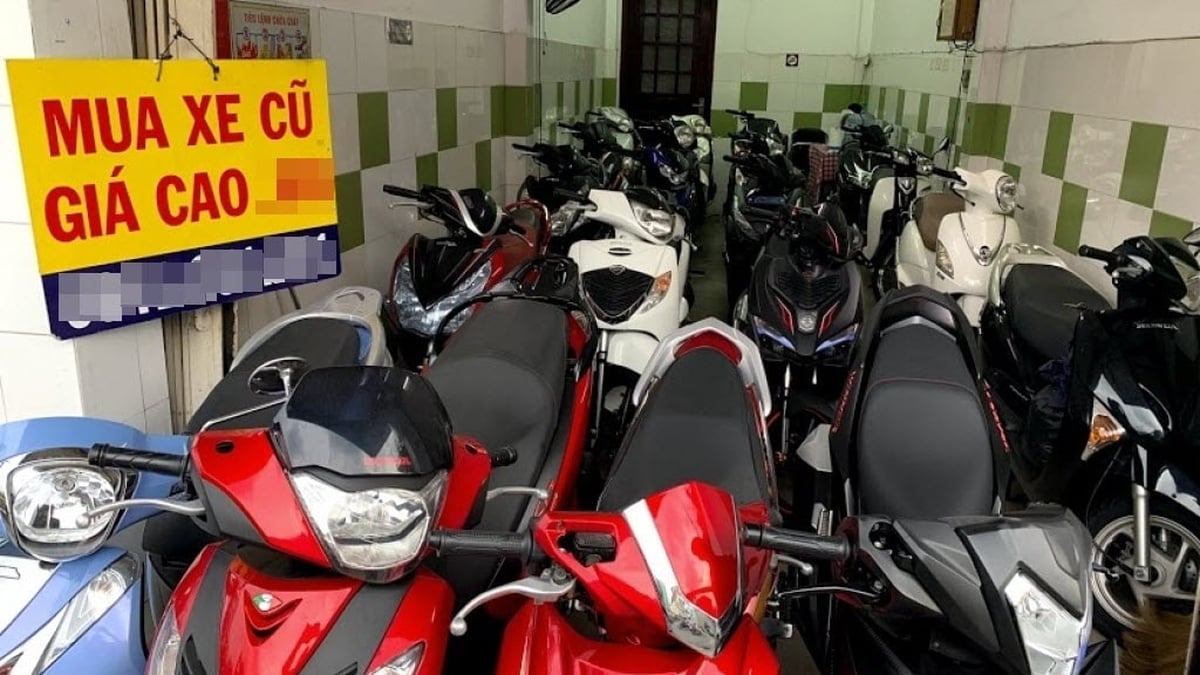

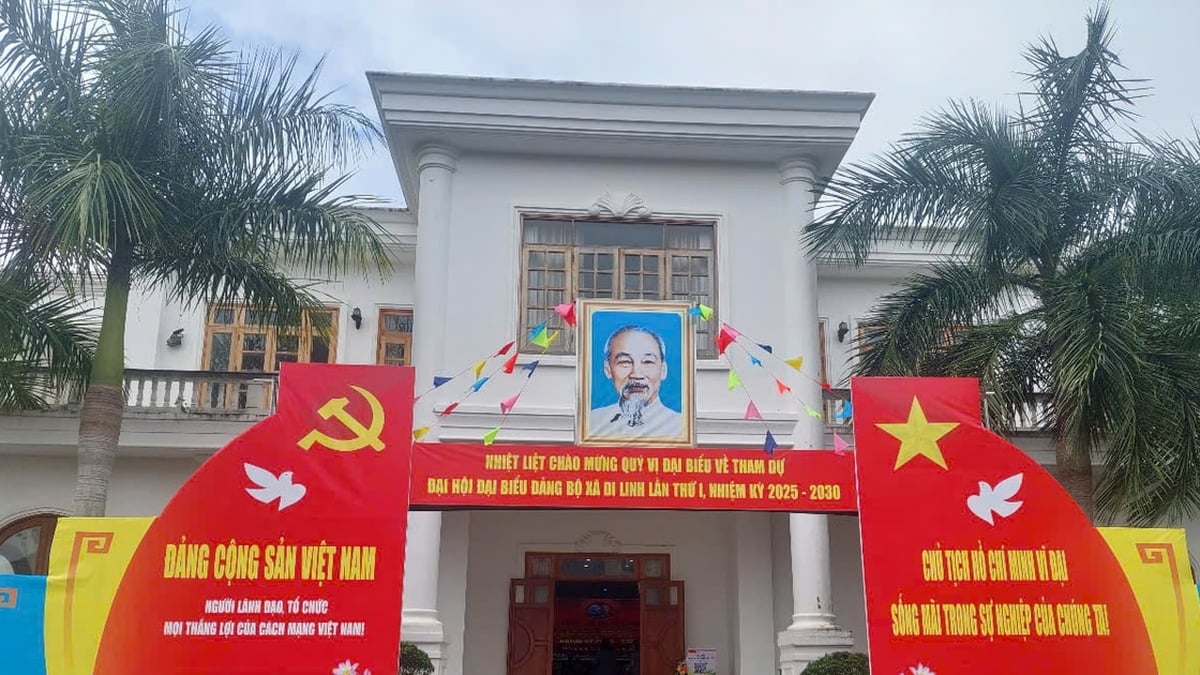


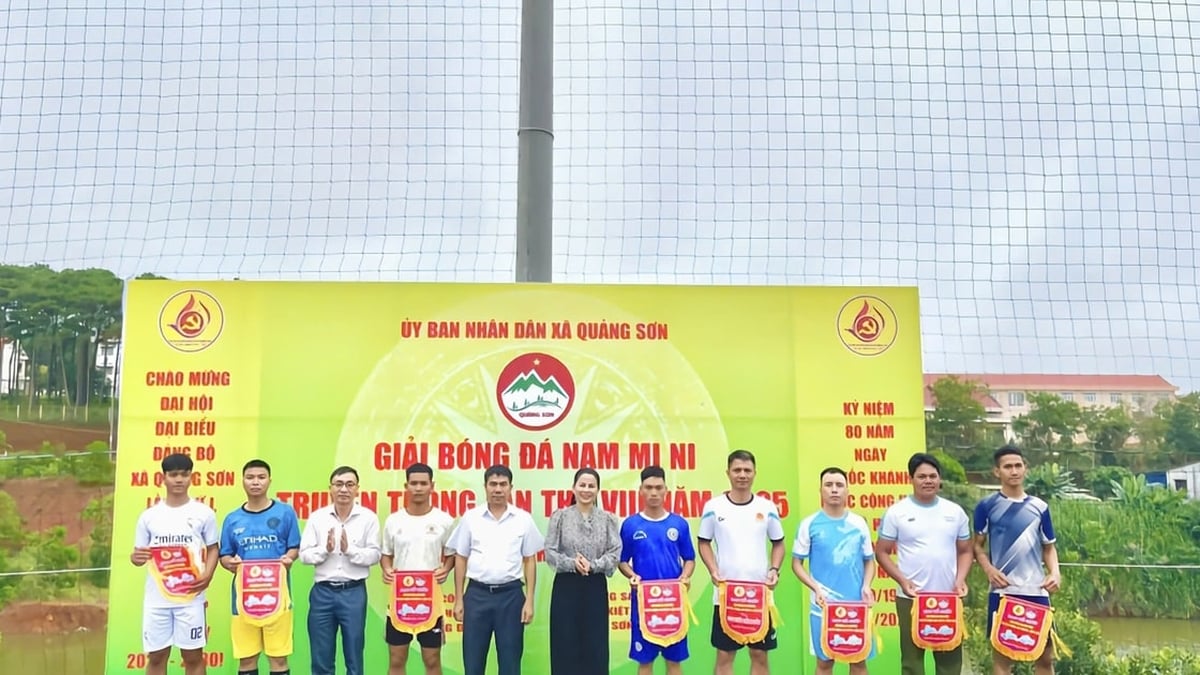

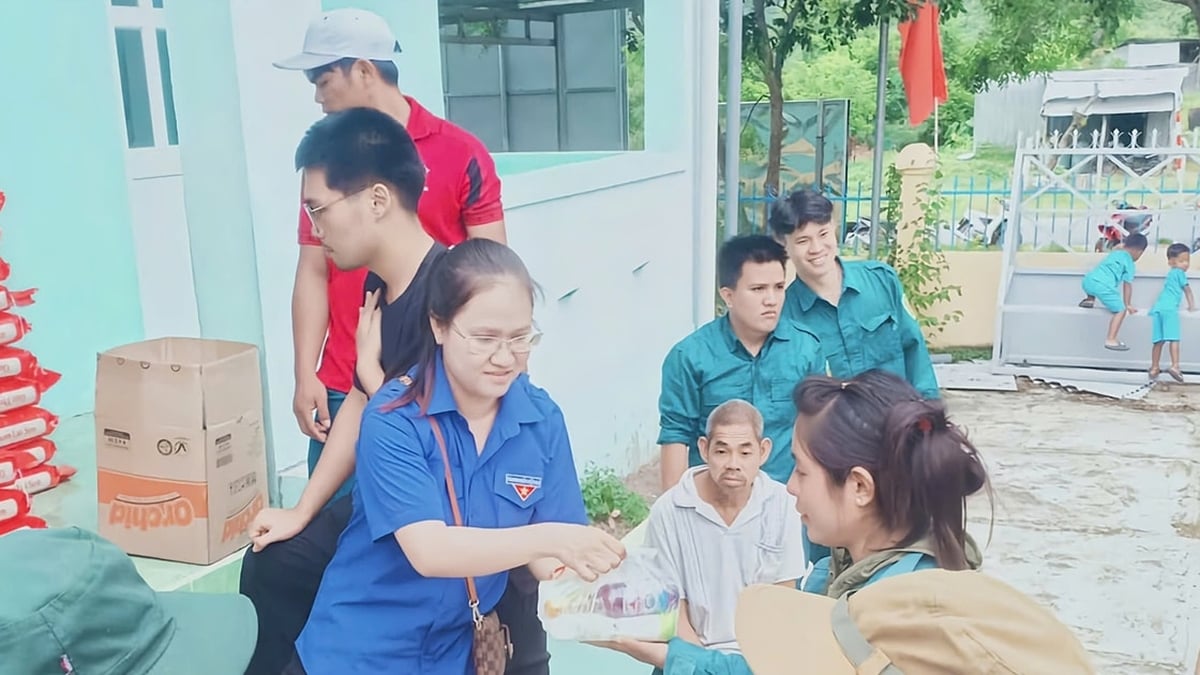
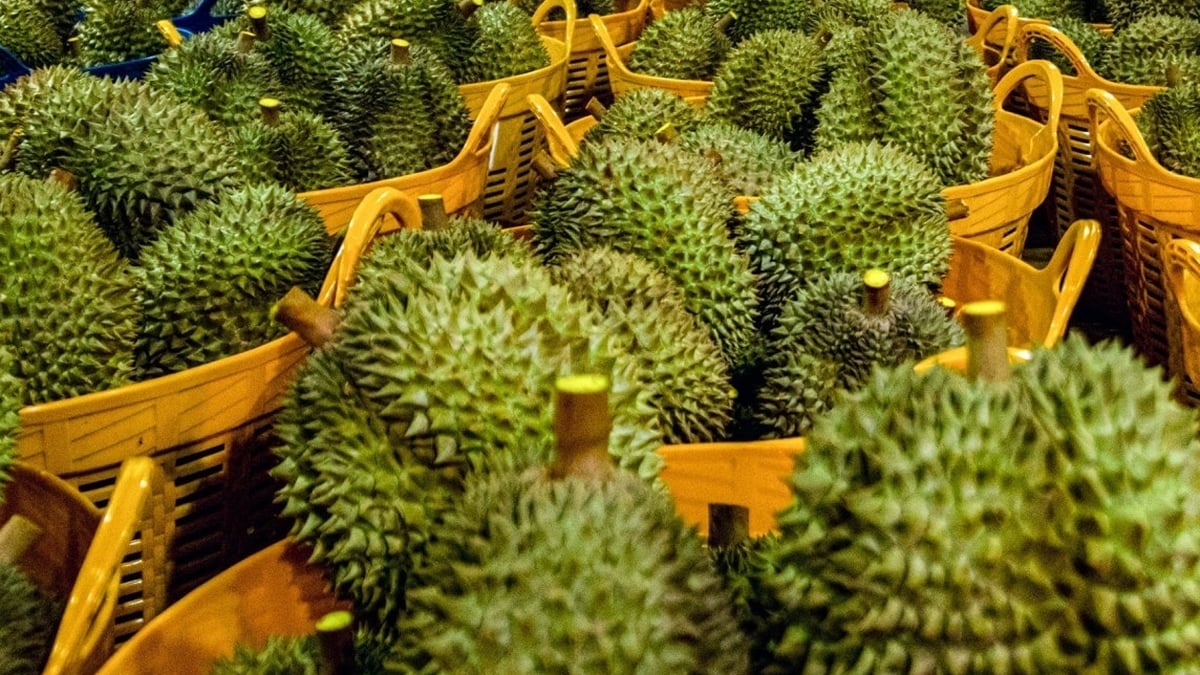
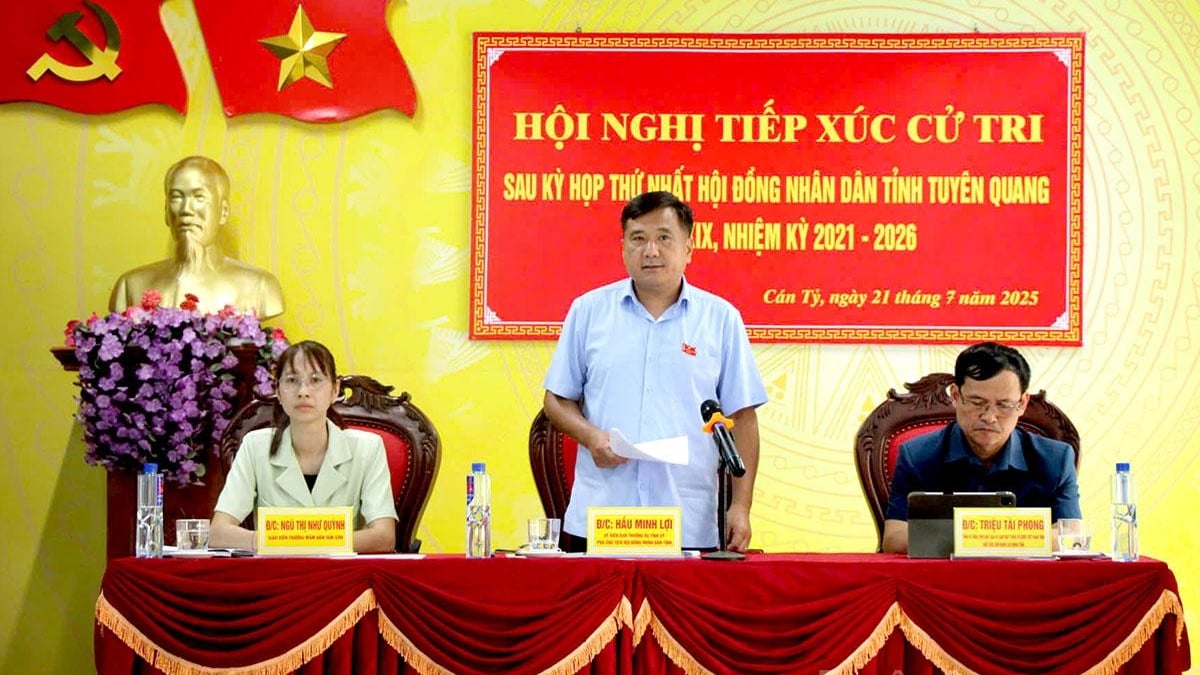















![[Photo] National Assembly Chairman Tran Thanh Man visits Vietnamese Heroic Mother Ta Thi Tran](https://vphoto.vietnam.vn/thumb/1200x675/vietnam/resource/IMAGE/2025/7/20/765c0bd057dd44ad83ab89fe0255b783)



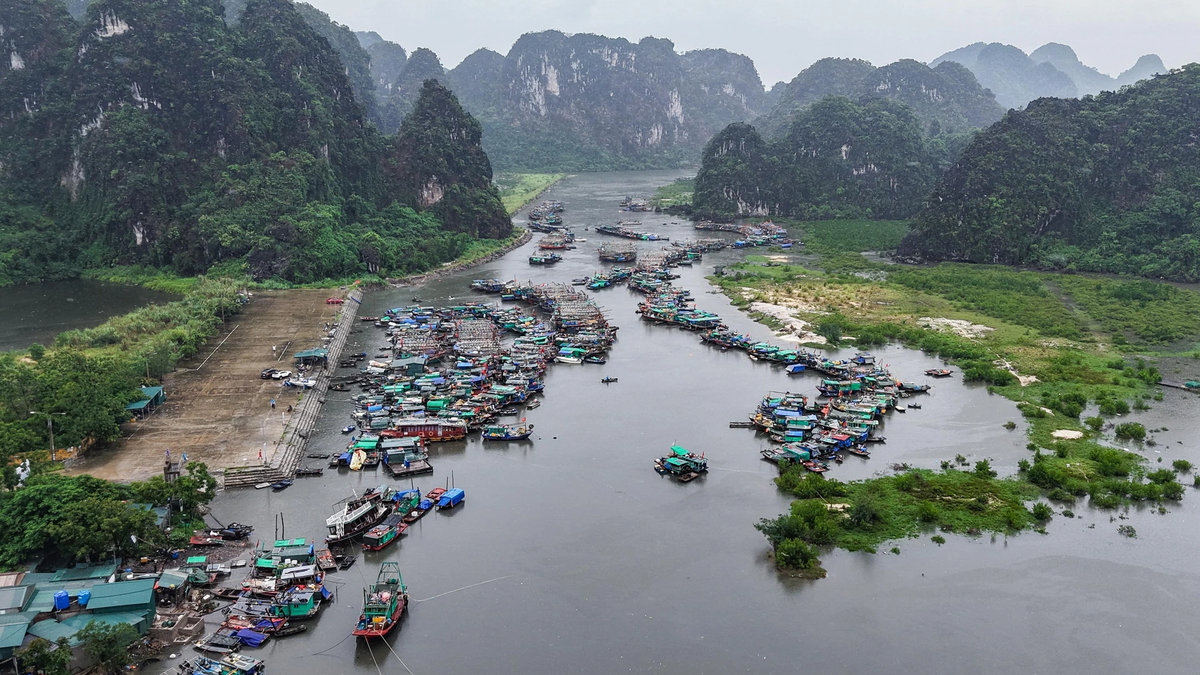






























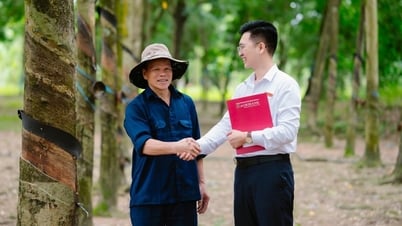





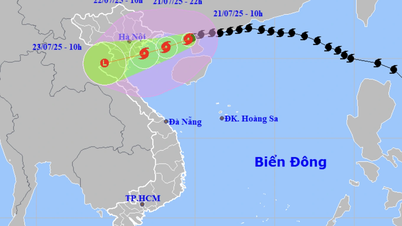



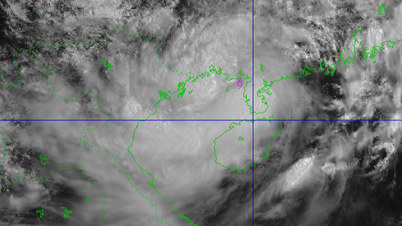




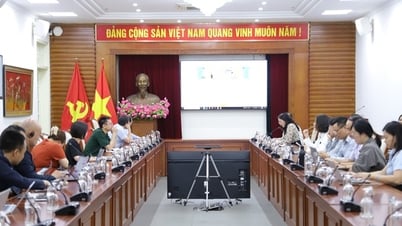
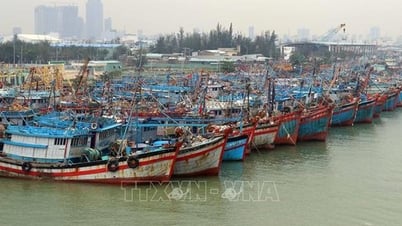























Comment (0)